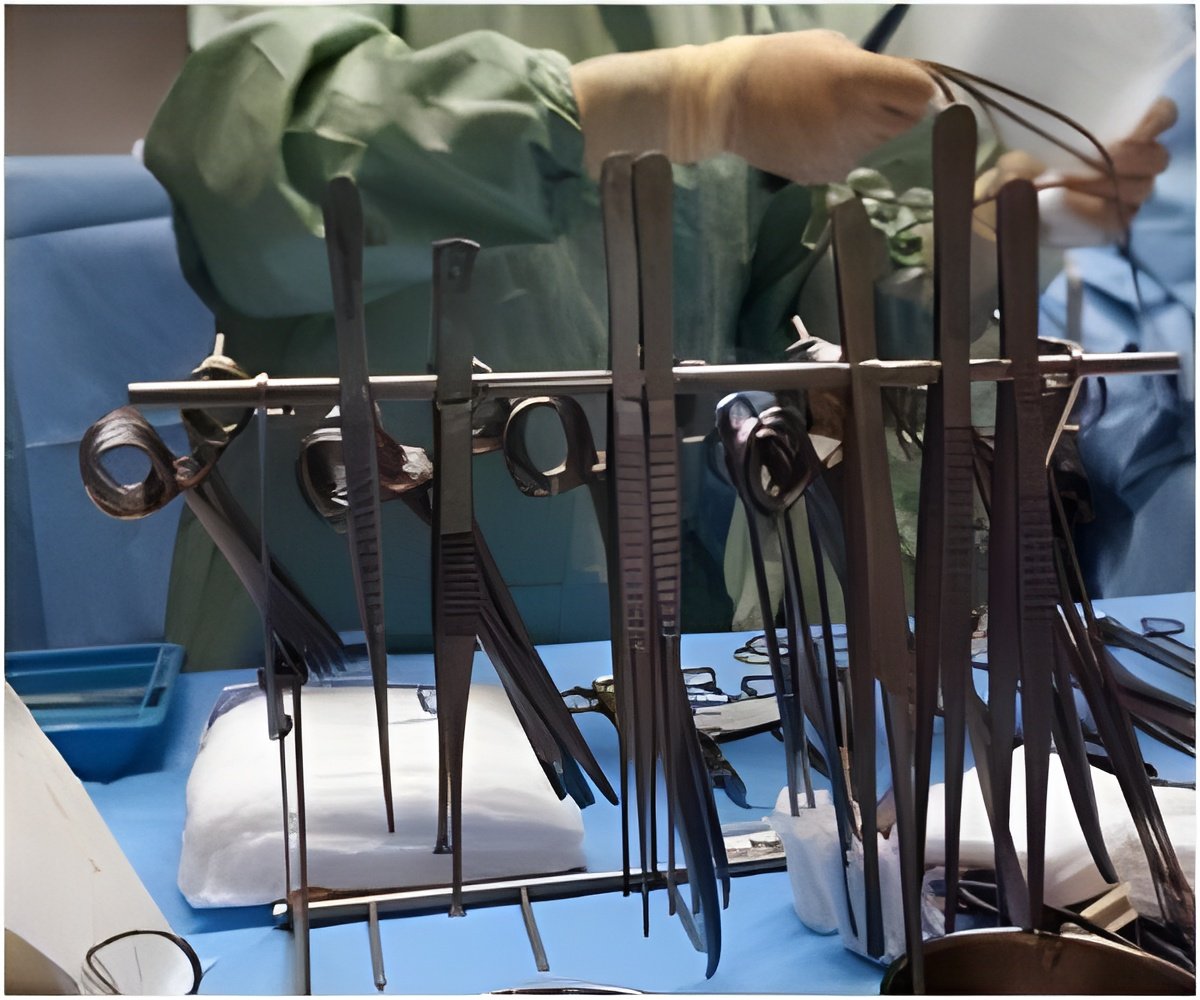A new study has found that in patients with failed bioprosthetic aortic valves who underwent transcatheter valve-in-valve implantation, the survival rate was only 83 percent

Danny Dvir, M.D., of St. Paul's Hospital, Vancouver, Canada, and colleagues evaluated survival of 459 patients after transcatheter valve-in-valve implantation inside failed surgical bioprosthetic valves using a multinational registry. The patients (average age, 78 years) underwent implantation between 2007 and May 2013 at 55 centers.
Reasons for bioprosthesis failure were stenosis (narrowing of the valve opening; 39.4 percent), regurgitation (backflow of blood through the orifice of the valve due to imperfect closing; 30.3 percent), and combined stenosis and regurgitation (30.3 percent). The overall 1-year survival rate was 83.2 percent.
Patients in the stenosis group had worse 1-year survival (76.6 percent) in comparison with the regurgitation group (91.2 percent) and the combined group (83.9 percent). Similarly, patients with small valves (≤ 21 mm) had worse 1-year survival (74.8 percent) compared with larger valves.
"Thorough assessment of candidates for valve-in-valve implantation is a key step to obtain optimal results. The current analysis highlights the need for meticulous evaluation of bioprosthesis mechanism of failure before attempting a valve-in-valve procedure," the authors write.
Source-Eurekalert
 MEDINDIA
MEDINDIA


 Email
Email




